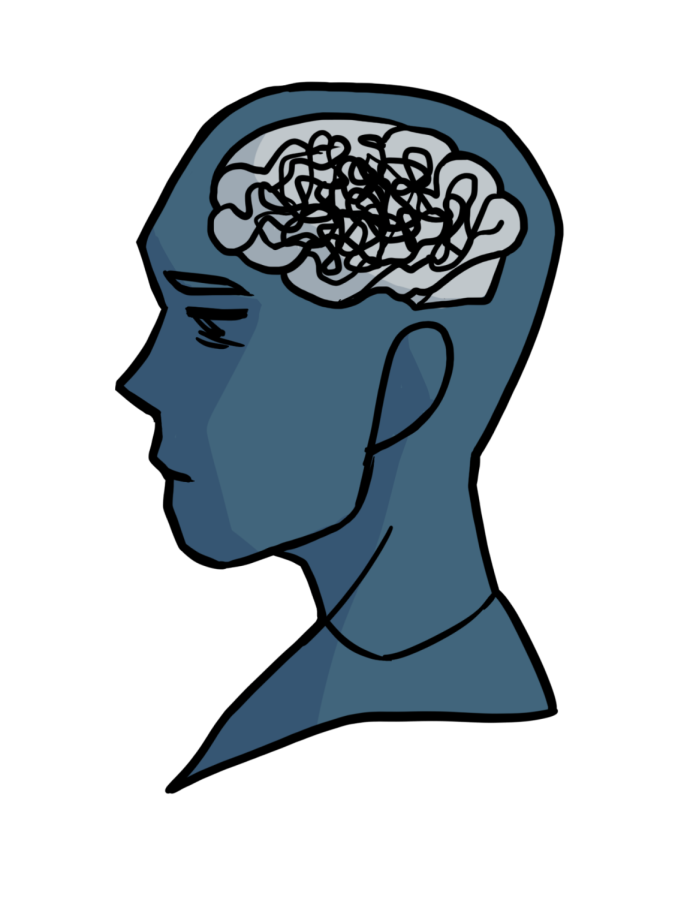FOCUS: SCHS sees an increase in wellness center appointments
Students have sought help in spite of their fears of reaching out and the stigma around mental health, resulting in an increasing number of students using self-sign ups at SCHS’s Wellness Center for additional support.
Social science teacher Kyle Short has noticed that academic burnout could be one factor pushing students toward seeking mental health support.
“Sometimes it’s necessary to take a step back, especially for those who have taken a lot of things, like clubs, sports and outside activities, to be conscious of people’s capacity,” Short said.
Burnout is not always academic. Social science teacher Emily Haven adds that emotional and mental burnout can cause students to feel hopeless, turning to counseling as a last resort.
“It takes students getting to a point where they feel a little bit broken, like their friends can’t help them,” Haven said.
Much of the mental health advocates on campus attempt to fight the stress of others finding out one is in counseling, feeling like it is a sign of weakness. Senior Damian Margarit finds that many students let their fear of being perceived as weak stop them from asking for help.
“I definitely think it is pretty scary for people to reach out because it’s admitting that you need help and that can be seen as weak, but maybe getting help is the opposite,” Margarit said.
Freshman Audrey Bartolome included how students may overlook that counselors pride themselves in client confidentiality, and that the fear of reaching out may also be motivated by privacy concerns.
“I think they do feel scared to ask for help because they don’t know if the information that they’re sharing is safe with the person they’re sharing it with,” Bartolome said.
Additionally, the stigma around mental health leads many students to believe they should work through their mental health issues, without the help of counselors. As Short has observed, however, trying to work through mental issues without professional health will only intensify these problems.
“I think a lot of people still hold up to the old notion that you can just kind of tough it out, eventually problems will go away,” Short said. “I think it’s important for people to realize that problems will fester.”
Oftentimes, students attempt to help themselves through self-care. Self-care is typically advertised as face masks, bubble baths and painted nails. Haven, however, believes real self-care expands beyond this.
“True self-care involves taking time to know your identity and your priorities and building a life and rhythms and routines that protect those,” Haven said.
Haven believes that asking for help is never a sign of weakness, nor is it a sign that an individual is flawed. Reaching out is a way to care for and prioritize oneself.
“Seeking help means that you are prioritizing yourself,” Haven said. “It doesn’t mean that you are broken. It doesn’t mean that you are flawed. It just means that you are prioritizing yourself, and that allows a lot of things to shift cognitively.”


